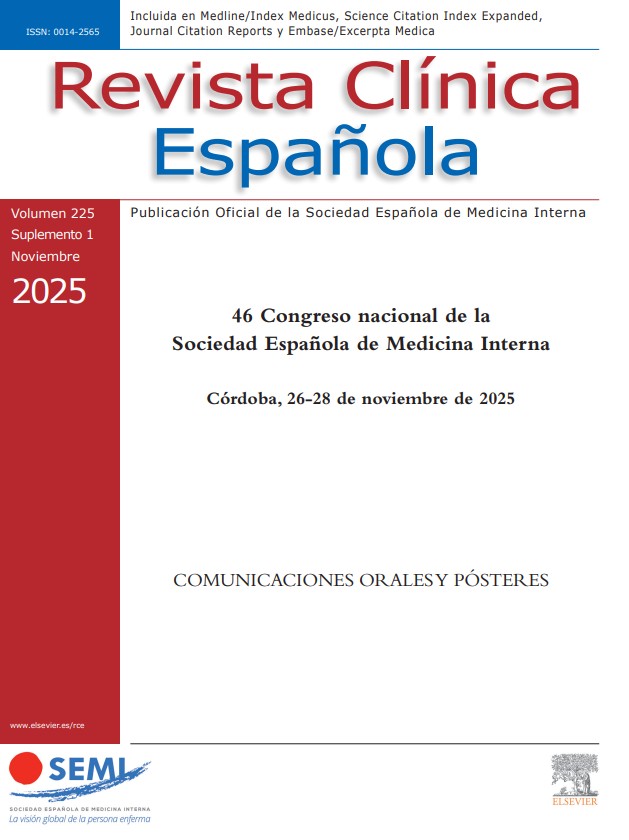DP-TRANSFERS es un proyecto traslacional de la intervención sobre estilos de vida, que sigue un protocolo previo descrito en el estudio DE-PLAN-CAT.
ObjetivoAnalizar la factibilidad de reproducir la intervención intensiva y estimar el efecto de la traslación en condiciones reales de práctica clínica en atención primaria.
MetodologíaImplementación de la intervención grupal presencial ajustada a 2 años. Tras el cribado, la intervención constó de un módulo básico y otro de continuidad. Estratificando por conglomerados (centros de salud), se evaluó una muestra representativa (centros, profesionales y participantes) (FINDRISC>11 y/o prediabetes) desde 2016 a 2020. Se analizó del efecto de la intervención sobre la incidencia de diabetes.
ResultadosLa intervención, factible en 95 de 123 centros, involucró a 343 de 647 profesionales. De 2.381 sujetos cribados, 1.713 participaron en el módulo básico, completando el primer año 1.186 participantes y 776 finalizaron el segundo. Se diagnosticó diabetes a 121 participantes (7,06%): 77 (4,49%) durante el primer año; 44 (2,57%) durante el segundo.
El análisis bivariante objetivó que aquellos sujetos en quienes incidió la diabetes, diferían en: estado glucémico previo, A1c, HDL-colesterol, puntuación FINDRISC y adherencia a dieta mediterránea, y en las diferencias entre inicio y final de estudio de: peso corporal, IMC y perímetro abdominal.
ConclusionesLa intervención intensiva redujo sustancialmente (23,6%) la incidencia de diabetes en comparación con aquella previamente estimada en intervención estandarizada. Actuaron como factores protectores: un mejor estado glucémico, menor riesgo basal, colesterol-HDL elevado, o conseguir reducción del peso o del perímetro abdominal durante el estudio.
DP-TRANSFERS is a translational lifestyle intervention project, which follows a previous protocol described in the DE-PLAN-CAT study.
ObjectiveAnalyze the feasibility of reproducing the intensive intervention and estimating the effect of translation in real conditions of clinical practice in primary care.
MethodologyImplementation of the face-to-face group intervention adjusted to 2 years. After screening, the intervention consisted of a basic module and a continuity module. Stratifying by clusters (health centers), a representative sample (centers, professionals and participants) was evaluated (FINDRISC>11 and/or prediabetes) from 2016 to 2020. The effect of the intervention on the incidence of diabetes was analyzed.
ResultsThe intervention, feasible in 95 of 123 centers, involved 343 of 647 professionals. Of 2,381 subjects screened, 1,713 participated in the basic module, with 1,186 participants completing the first year and 776 completing the second. 121 participants (7.06%) were diagnosed with diabetes: 77 (4.49%) during the first year; 44 (2.57%) during the second.
The bivariate analysis showed that those subjects in whom diabetes affected differed in: previous glycemic status, A1c, HDL-cholesterol, FINDRISC score and adherence to the Mediterranean diet, and in the differences between the beginning and end of the study of: body weight, BMI and abdominal circumference.
ConclusionsThe intensive intervention substantially reduced (23.6%) the incidence of diabetes compared to that previously estimated in standardized intervention. The following acted as protective factors: a better glycemic status, lower baseline risk, elevated HDL-cholesterol, or achieving a reduction in weight or abdominal circumference during the study.
Artículo
Diríjase desde aquí a la web de la >>>FESEMI<<< e inicie sesión mediante el formulario que se encuentra en la barra superior, pulsando sobre el candado.

Una vez autentificado, en la misma web de FESEMI, en el menú superior, elija la opción deseada.

>>>FESEMI<<<












